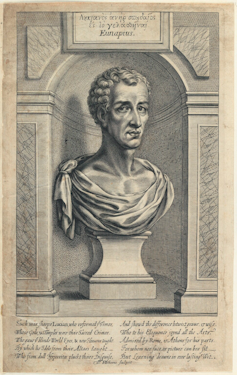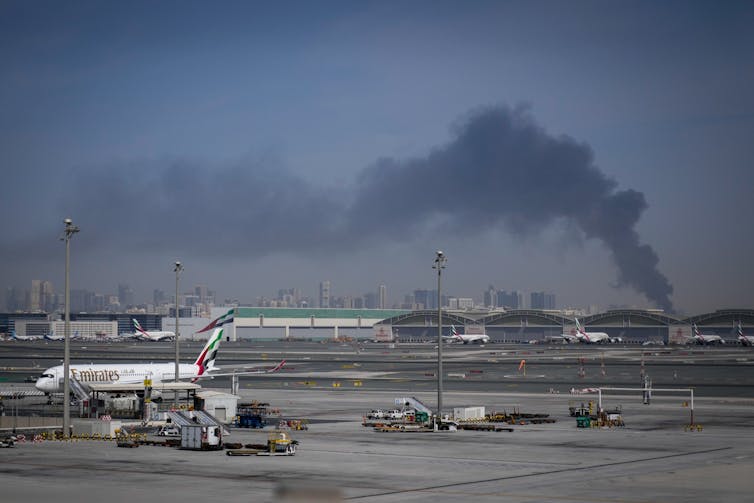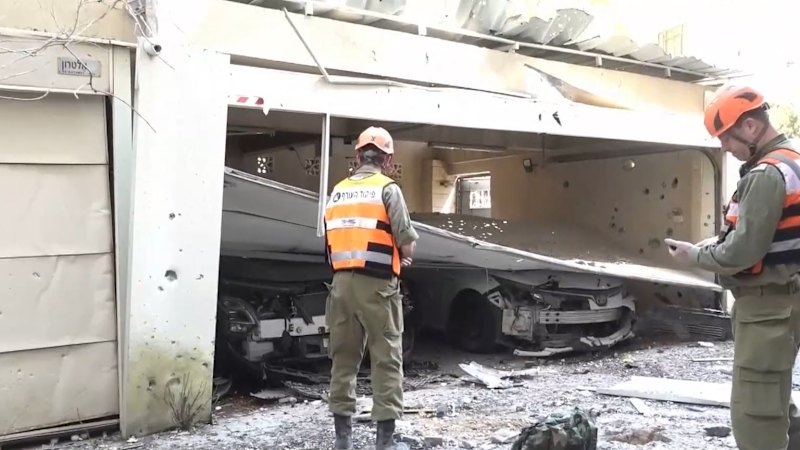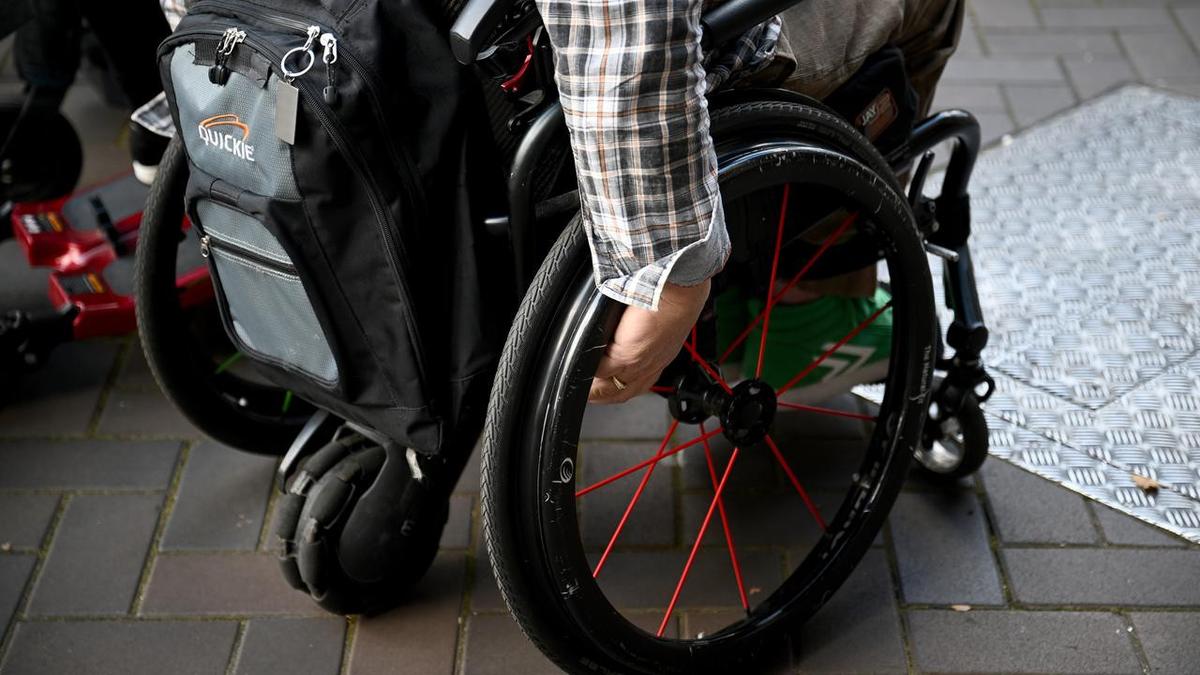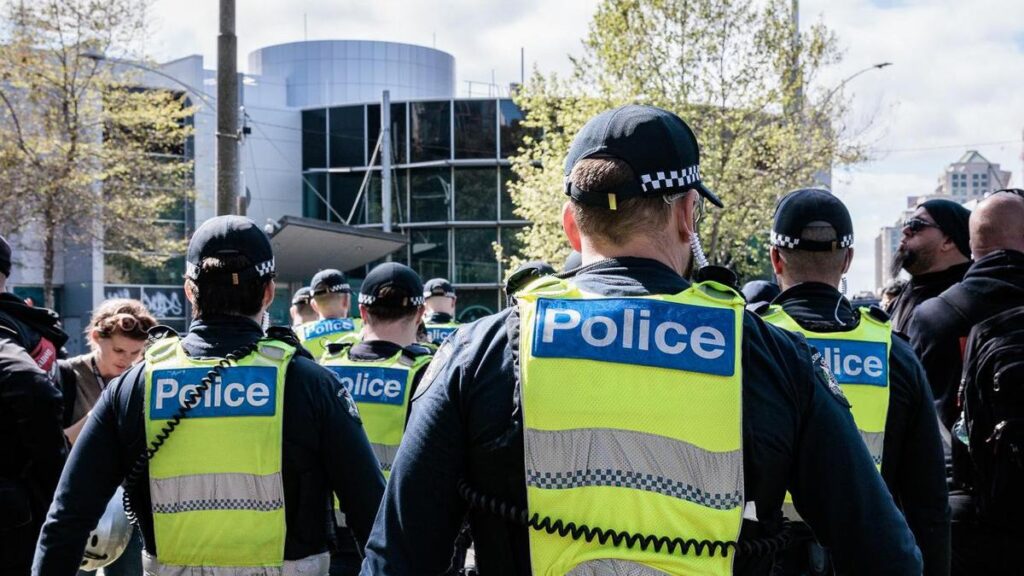
UPDATE: Anti-immigration protests are set to erupt across Australia’s capital cities this Sunday, with gatherings planned to start at 12 PM local time. Organizers are demanding an “end to mass migration,” citing claims that immigration policies are threatening national unity.
The protests come just weeks after the significant anti-war demonstration that closed the Sydney Harbour Bridge. The organizers of the March for Australia assert that rising anti-Australian sentiments and foreign conflicts are fracturing communities. Their rallying cries, described on their website, urge participants to “take our country back” and “defend our culture.”
In a troubling twist, the event is being promoted by far-right groups on social media, with rhetoric that appears deeply anti-migrant. Notably, Thomas Sewell, a self-identified neo-Nazi from the National Socialist Network, has announced his group will participate, claiming he has had positive communication with the event organizers. “We will be attending in good faith, in uniform and without masks,” Sewell stated online, reinforcing concerns about the rally’s potential implications.
While the exact number of attendees remains uncertain, Facebook events for both Melbourne and Sydney show fewer than 1,500 confirmed attendees each. Protests are scheduled to occur in several locations, including:
– Melbourne: Flinders Street Station
– Sydney: Belmore Park in Haymarket
– Brisbane: Roma St Parklands
– Adelaide: Rundle Park
– Canberra: Captain Cook Memorial
– Perth: Supreme Court Gardens
– Hobart: Salamanca Lawns
– Darwin: Civic Centre
Counter-protests are anticipated in many of these cities, raising concerns about potential clashes.
The Albanese government has strongly condemned the planned protests, emphasizing that Australia’s multicultural identity is a cornerstone of the nation. Home Affairs Minister Tony Burke stated, “There is no place in our country for people who seek to divide and undermine our social cohesion.” He further stressed, “Nothing could be less Australian.”
Opposition leader Sussan Ley has called for peaceful and respectful demonstrations, asserting, “We protect the right to an opinion and the right to protest. But that must be done peacefully and respectfully.” Ley warned against allowing hatred to disrupt societal unity, stating, “We cannot let hatred and fear tear at our social cohesion.”
Some politicians, including Queensland MP Bob Katter and Senator Pauline Hanson, have expressed support for the march, contributing to the polarized political landscape surrounding the event.
In response to the anticipated protests, police forces across the nation are preparing to ensure public safety. NSW Acting Deputy Police Commissioner Paul McKenna confirmed that law enforcement is collaborating closely with event organizers to mitigate risks. “They assure us that they want to do things right and are not coming to the city to cause problems,” McKenna stated.
Authorities in the ACT have reported no intelligence indicating potential violence or vandalism during the protests but are maintaining vigilance. “While the scale of the protests is unknown, we will continue to monitor all available information and will respond appropriately,” ACT Policing announced.
As tensions rise ahead of the protests, the spotlight remains on the implications for community cohesion in Australia. The events of this Sunday are poised to spark significant discussions about immigration, national identity, and the dynamics of protest culture in a diverse society.

